The Iron Age is a significant period of archaeology marked by the widespread use of iron for weapons and tools, replacing bronze as the dominant material. The period typically follows the Bronze Age and precedes historical periods of classical antiquity or the early medieval era, depending on the region. The transition to iron technology had a transformative power over societies through changes in agriculture, warfare, and settlement patterns.

The Iron Age did not begin simultaneously across the globe but appeared at different times based on regional advancement and cultural contexts. Ironworking began as early as 1200 BCE in the Near East and some parts of South Asia, but in Europe, the Iron Age typically started around 800 BCE. In Sub-Saharan Africa, a separate development of smelting iron took place, and the dating is around 1000 BCE in Nigeria and Tanzania.
Iron was more abundant than copper and tin but had to be smelted and forged at higher temperatures. Numerous early iron artifacts were made using meteoric iron, but technological advancements soon allowed for the excavation and extraction of terrestrial iron ores. Iron tools were stronger and more durable when properly hardened, as opposed to bronze, giving societies an advantage in agriculture and war.
In regions such as Iran and Mesopotamia (modern Iraq), the Iron Age began earlier than in the majority of Europe. Iron objects appeared as early as the 12th century BCE in those places, during a period of widespread upheaval referred to as the collapse of the Late Bronze Age. The decline of the great Bronze Age powers like the Hittites and Mycenaeans created a power vacuum and disrupted long-distance trade networks, particularly for tin, one of the key components of bronze. This may have encouraged the shift to iron, which was more locally available.
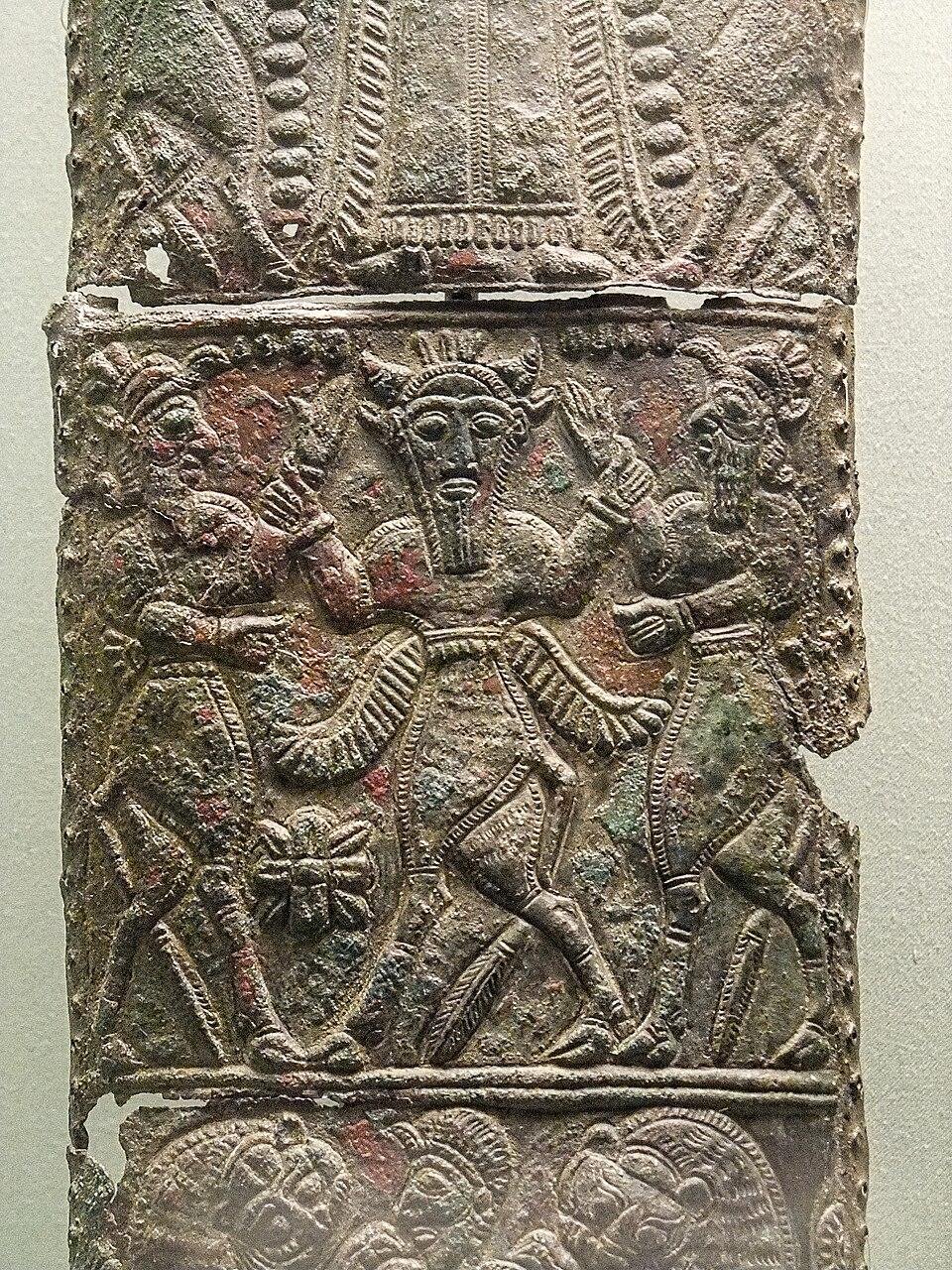
In other regions, for example, Anatolia (Turkey) and parts of the Levant, iron tools and weapons were similarly in use by the 12th–11th centuries BCE. The Assyrians became one of the first empires to use iron weapons on a large scale, and this fueled their military dominance in the early 1st millennium BCE.
In Europe, the Iron Age is generally divided into distinct chronological and cultural phases, such as the Hallstatt period (c. 800–450 BCE) and the La Tène period (c. 450 BCE to Roman occupation), which are the most significant periods of the European Iron Age. In Britain and Ireland, the Iron Age lasted until the Roman conquests (c. 43 CE in Britain).
Culturally, the Iron Age was a time of the growth of complex societies, larger settlements, trade, and social stratification. Fortified settlements, hillforts, and more advanced burial rites are characteristic of many Iron Age cultures. Writing systems in a few locations also appeared or developed during this time, but most Iron Age societies were non-literate.

Archaeologists study the Iron Age through material remains such as iron tools, weapons, pottery, architecture, and burial sites. Radiocarbon dating, typological analysis, and metallurgical studies allow us to reconstruct the technological and social developments of the time.
The Iron Age was an age of transformation in human history. It was the foundation of many classical societies and played a decisive role in shaping the cultural and technological trajectory of societies in Europe, Asia, and Africa.

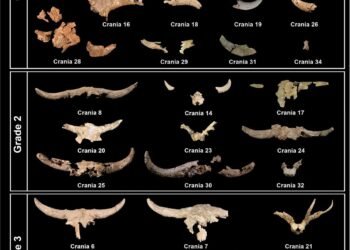
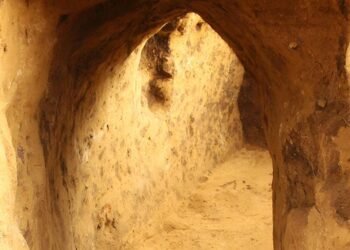

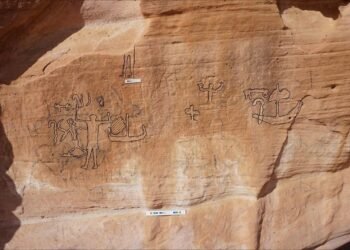

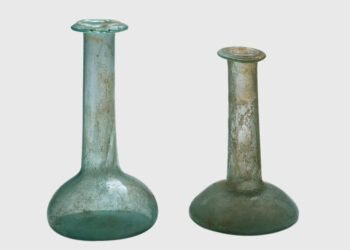















Disclaimer: This website is a science-focused magazine that welcomes both academic and non-academic audiences. Comments are written by users and may include personal opinions or unverified claims. They do not necessarily reflect the views of our editorial team or rely on scientific evidence.
Comment Policy: We kindly ask all commenters to engage respectfully. Comments that contain offensive, insulting, degrading, discriminatory, or racist content will be automatically removed.